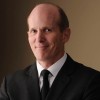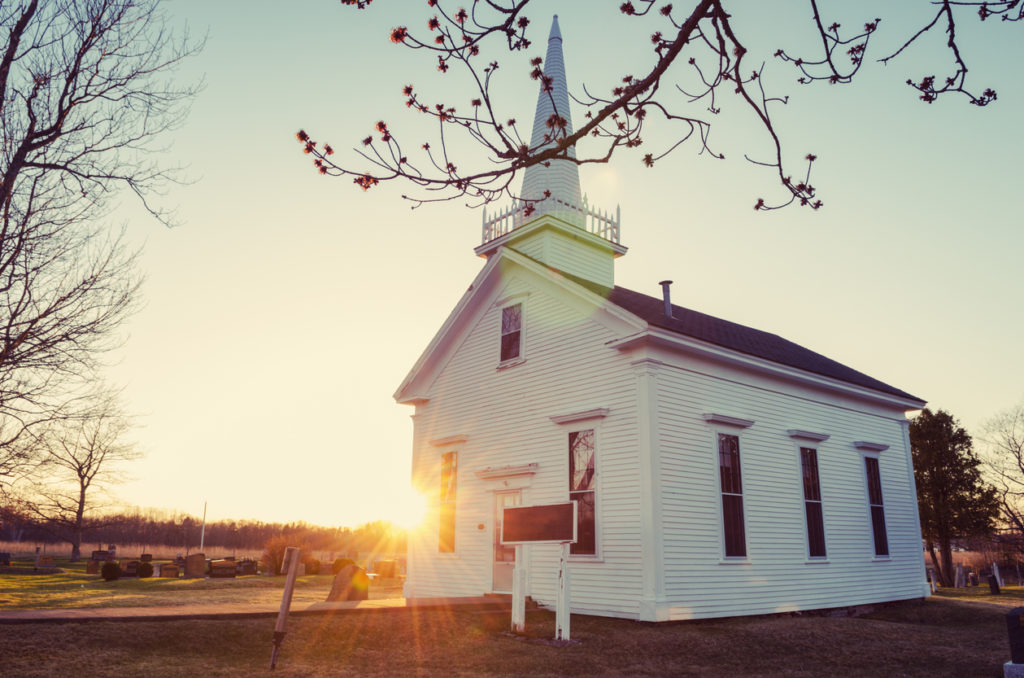What can you see in someone else, but not see in yourself? A blind spot.
David Wheaton explains how many character flaws that we can quickly identify in other people will also crop up in our own lives, and slip through our radar.
“We are not able to see flaws in ourselves but other people often clearly see it in us. Someone who has a problem with pride, that person has a certain smell to them. Other people smell it, other people see it, but that person often doesn’t see it.”
“With anger, someone will say I don’t have a bad temper, as they yell at you. Or gossip: people think what they’re saying, tearing down others, is not gossip for them, but it would be for someone else. Even laziness: someone on a sports team doesn’t understand why the coach keeps saying he’s got to have more discipline and work harder–they think they work plenty hard.”
Jesus addresses this problem directly, calling religious leaders to particular responsibility.
“Why do you look at the speck of sawdust in your brother’s eye and pay no attention to the plank in your own eye? How can you say to your brother, ‘Let me take the speck out of your eye,’ when all the time there is a plank in your own eye? You hypocrite, first take the plank out of your own eye, and then you will see clearly to remove the speck from your brother’s eye.” Matthew 7:3-5
Part of building each other up is pointing out these blind spots, but it must be done with care and humility:
“Everyone has blind spots, and I think the tricky part is having them pointed out in ourselves or pointing them out in others. We should first examine ourselves to see whether we are practicing the same deficiency or sin that we see someone else practicing. It’s a careful, fine line we want to (walk) because we can obviously turn someone off very quickly if we come out with a supercilious attitude toward them.”
It’s vital to have a few trusted friends that will tell you the truth about your flaws. But the most important aspect of overcoming your blind spots is drawing closer to God:
“You have to have the Holy Spirit within you: we can’t overcome our flesh, our blind spots, without having the Holy Spirit within us. Relation-ally interacting with God on a daily basis makes all the difference in the world– being in His Word daily, hearing His Word preached on a regular basis, being in prayer.”
“As we get into the Word, as are relating to God, we realize who God is and who we are. We get that sense of He is so great. Look at me, I’m made in His image, but I’m sinful and weak and I need His strength and His direction to be able to identify the the blind spots of my life and to be able to overcome them.”
“It really is daily living a life of reflection on who I am in God’s sight, who He wants me to be, and living a life of repentance–repenting when these things come to the fore, that I’m not living authentically the way I should.”
David Wheaton is an author, radio host, and former professional tennis player. He’s also the host of The Christian Worldview, a weekly, nationally-syndicated radio program that airs on 150 stations. In addition, David is a contributing columnist for the Minneapolis Star Tribune and a sought-after speaker.
Spiritual blind spots with David Wheaton





















